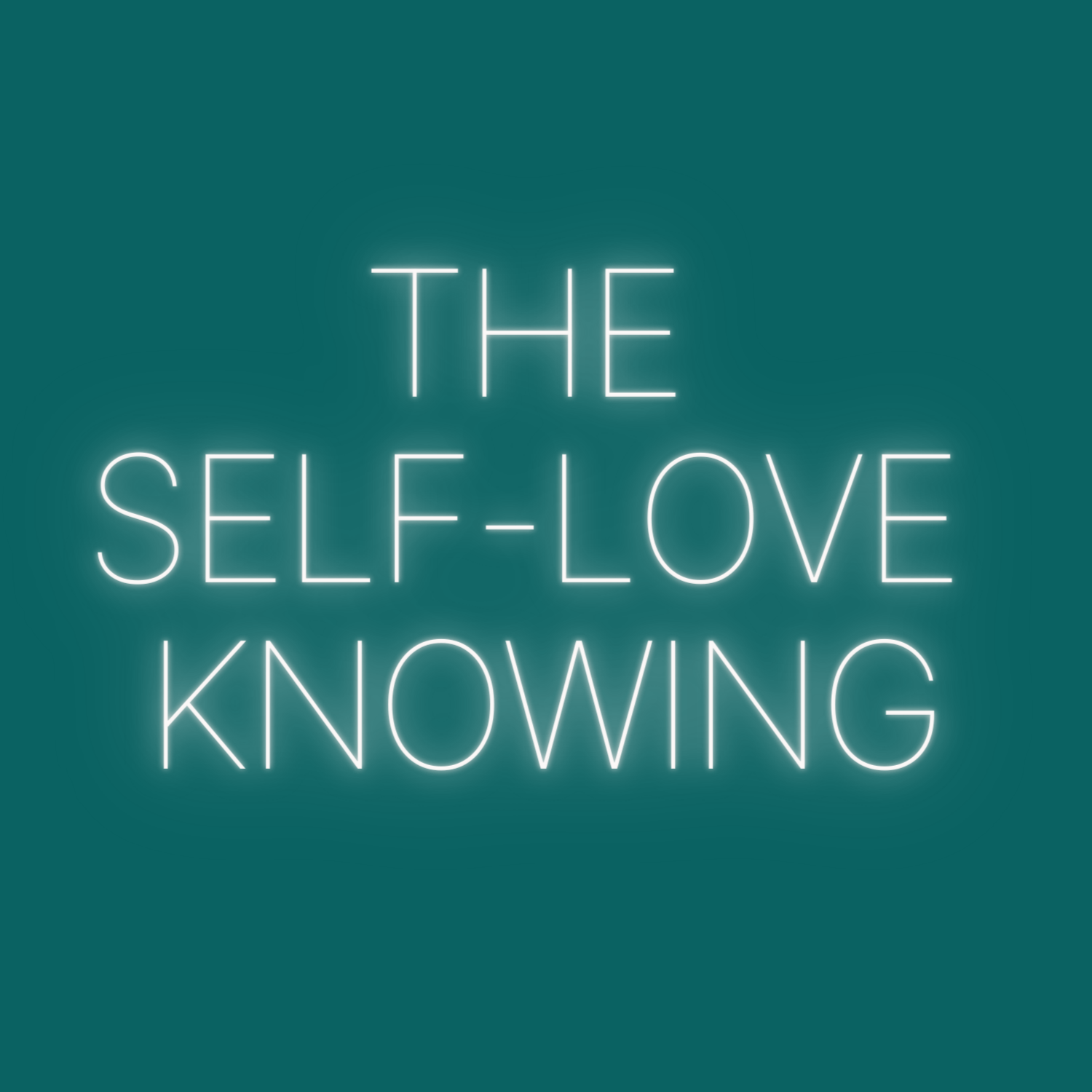3 Ways to Forgive Yourself and Lead With More Compassion
Self-Forgiveness is tough. We mess up, we replay it on a loop, and we get stuck in a guilt spiral. Sound familiar?
But here’s the truth: Self-Forgiveness isn’t just about moving on. It’s about showing yourself the love and compassion you deserve—because if you don’t, who will?
Forgiving yourself isn’t a sign of weakness. It’s the ultimate act of self-love and leadership. When you learn to let go, you lead yourself and others with more empathy and strength.
Let’s dive into three practical steps you can take to start forgiving yourself!
1. Acknowledge the Mistake and Own It (Without the Drama)
Step one? Admit what happened. Not in a “let’s throw a pity party” kind of way, but in an honest, no-BS way. Sometimes, we avoid forgiving ourselves because we don’t want to face the mistake head-on. But how can you forgive what you won’t even acknowledge?
Sit with it. Journal about what went down, and own your part without making it bigger than it needs to be. This isn’t about self-blame, it’s about self-awareness.
Ask yourself: What can I learn from this? Taking ownership allows you to move from guilt to growth. That’s where the magic happens.
2. Talk to Yourself Like You’d Talk to Your Best Friend
Would you ever tell your bestie, “Wow, you really messed that up—you should feel bad forever”? Of course not. So why do we say these things to ourselves? It’s time to change the narrative.
When the negative self-talk starts, pause. Ask yourself, How would I comfort a friend right now? Then turn that compassion inward. Speak kindly to yourself. Remind yourself that messing up doesn’t erase your worth, and you’re allowed to forgive and grow.
Here’s a mantra for you: “I’m human, I’m learning, and I deserve compassion.”
3. Release the Guilt by Taking One Positive Action
Forgiving yourself isn’t about pretending the mistake never happened. It’s about releasing the guilt by doing something constructive. Think about how you can make amends, either with others or with yourself.
Whether it’s an apology, making a different choice next time, or simply taking a deep breath and letting go—taking action helps you move forward.
Ask yourself: What’s one small step I can take to release this guilt? It doesn’t need to be big, but it needs to be intentional. Action leads to freedom.
Self-Forgiveness is Leadership in Action
When you forgive yourself, you’re showing up as a more compassionate leader. You’re teaching your team, your friends, and everyone around you that it’s okay to be imperfect. And that’s a powerful lesson.
So next time you’re hard on yourself, remember that forgiveness is a strength, not a weakness.
You’ve got this. You’re human, you’re learning, and you deserve to lead with love and compassion—for yourself and others.
Now, tell me in the comments—what’s one thing you’re ready to forgive yourself for today?
